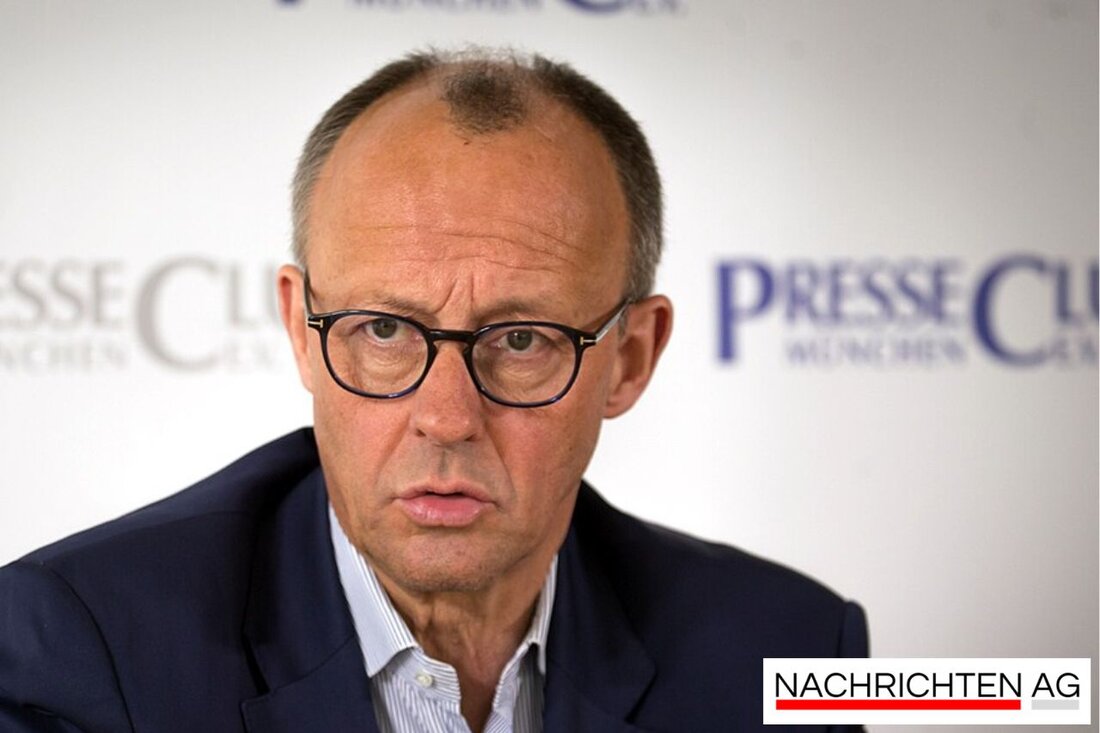Germany's dilemma: leadership role between Israel and Palestine?
Germany is under pressure to recognize Palestine. Foreign policy is discussed as new conflicts and European positions are outlined.

Germany's dilemma: leadership role between Israel and Palestine?
German foreign policy is facing current challenges as the discussion about recognizing Palestine as a state is gaining momentum. This is particularly fueled by developments in the Gaza Strip, where Israel's aggressive actions have outraged many European states. Loud NDR The rules-based liberal world order is on the brink, and Europe must redefine its role in this environment characterized by power politics. At the same time, Germany is increasingly being asked to take on a leadership role.
In the current political landscape, the pressure is from the US to Europe in terms of taking a firm stance against Russia. The main question, however, is the extent to which Germany is able to manage the balancing act between historical responsibility towards Israel and the current crises. External voices from politics, including Federal Minister Johann Wadephul (CDU), emphasize the need to find a unified European position.
Reactions and recognition of Palestine
France has already taken the first step and officially recognized Palestine as a state. President Emmanuel Macron sees this decision as a basis for peace talks between Israel and Palestine. At the UN General Assembly, he said that the ongoing war in the Gaza Strip was by no means justifiable. Other countries such as Britain, Canada and Australia have also taken similar steps to put pressure on Israel ZDF reported.
According to international statistics, more than 150 of 193 UN member states have now recognized Palestine. For the Palestinian Authority, this represents a significant gain in prestige, while the governments in the USA and Israel, especially Prime Minister Benjamin Netanyahu, dismiss this recognition as a “reward for terror”. The German federal government, on the other hand, is not planning any recognition in the short term because Chancellor Friedrich Merz is of the opinion that the requirements for this are not met. He stressed that recognition should be the final step in a peace process towards a two-state solution.
Opinions and sanctions
Opinions about the recognition of Palestine are clearly divided in German politics. While the SPD sees French recognition as a logical step, CDU politician Jürgen Hardt has said that he does not expect any positive effects on the peace situation. Wolfgang Ischinger, the former head of the Munich Security Conference, sees the recognition as an act of desperation and criticizes the loss of credibility in European foreign policy. In this context, a catalog of sanctions against Israel is also being discussed DW reported.
The EU Commission has already made proposals to put pressure on the Israeli government, with such a sanctions package requiring the consent of 15 of the 27 EU states. However, there are different opinions on this issue within the federal government. A Forsa poll shows that 54% of Germans support recognizing Palestine, while 31% are against it. It remains to be seen whether and how German foreign policy will develop further in this complex, multi-layered conflict.

 Suche
Suche
 Mein Konto
Mein Konto